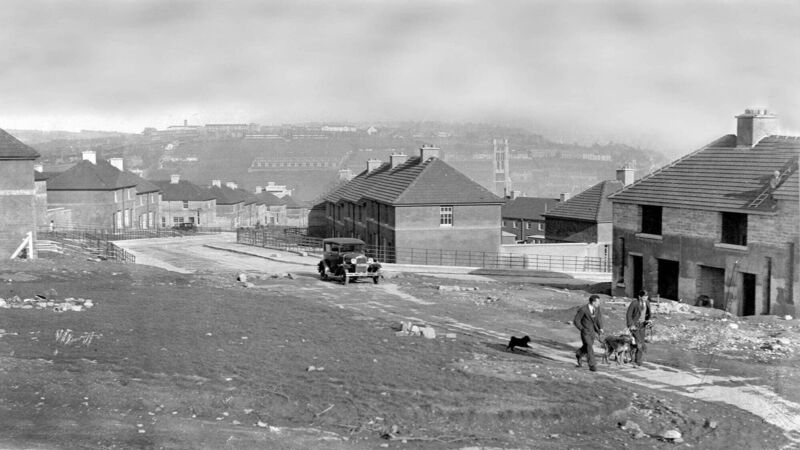Archives: Why should building be so much dearer in Cork than elsewhere?

New Cork Corporation housing at Gurranabraher, Cork, in March 1934.
In the little scheme of operations connected with my reflected knowledge, so many “current topics" are recurrent topics that a sort of classification suggests itself.
Some topics are classified as 'occasional', some as 'frequent', others as 'regular'; now, I fear, I shall be obliged to add another term to the general classification, and under the heading 'eternal' I shall be obliged to put the housing question. It is becoming an evergreen. It is like a teak floor, or a swivel eye — you can’t wear it out.














